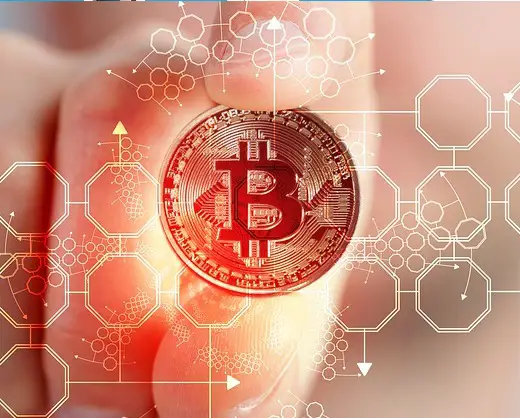On Thursday, global securities regulators began to lay out their plans for producing accountability in “decentralized finance” (DeFi), and assuring market stability.
DeFi platforms allow users to bypass the normal gatekeepers of finance, such as banks, and official exchanges by using digital assets to lend, borrow, and save, utilizing the blockchain technologies which underlie crypto-assets.
According to IOSCO, a global umbrella organization for securities watchdogs across the globe, when the Terra USD stablecoin collapsed, followed by the crypto-exchange FTX, it demonstrated how shocks in a single part of the crypto universe can set off billion of dollars in outflows from DeFi applications.
IOSCO noted that due to such events, the DeFi space has shrunk from a total value of roughly $180 billion at the end of 2021 to roughly $40 billion now. The watchdog also noted the sector is presently being used for money-laundering,
Tuang Lee Lim, chair of a fintech taskforce at IOSCO said, “There is a common misconception that DeFi is truly decentralised and governed by autonomous code or smart contracts.”
Lim pointed out that the stakeholders in DeFi, as well as their roles, as well as the organizational, technological, and communication mechanisms used by their operations will tend to appear similar to those of traditional finance,
Lim said, “In reality, regardless of the operating model of the DeFi arrangement, ‘responsible persons’ can be identified.”
IOSCO noted that there is little standardized data on DeFi available to regulators, which is exacerbated by the fact that market participants will often use multiple pseudonymous addresses in an effort to make their activities harder to track.
In an effort to make sure applicable laws are enforced, there are clear disclosures, facilitate cross-border cooperation, identify and manage risks, and ensure investors are protected and markets remain stable, IOSCO has proposed to its 130 member jurisdictions a framework of rules for regulators to put into effect.
The watchdog also said that regulators should remain adaptable, using existing laws and introducing new laws where needed, in order to create a better situational awareness of DeFi, including the identities of the companies and people operating in the market.
Before the framework is finalized around the end of 2023, there will be a public consultation on the proposals running until mid-October.
Members of IOSCO agree to implement agreed-upon regulations by the group.

